Sustainable Agrifood Systems Intelligence (SASI)

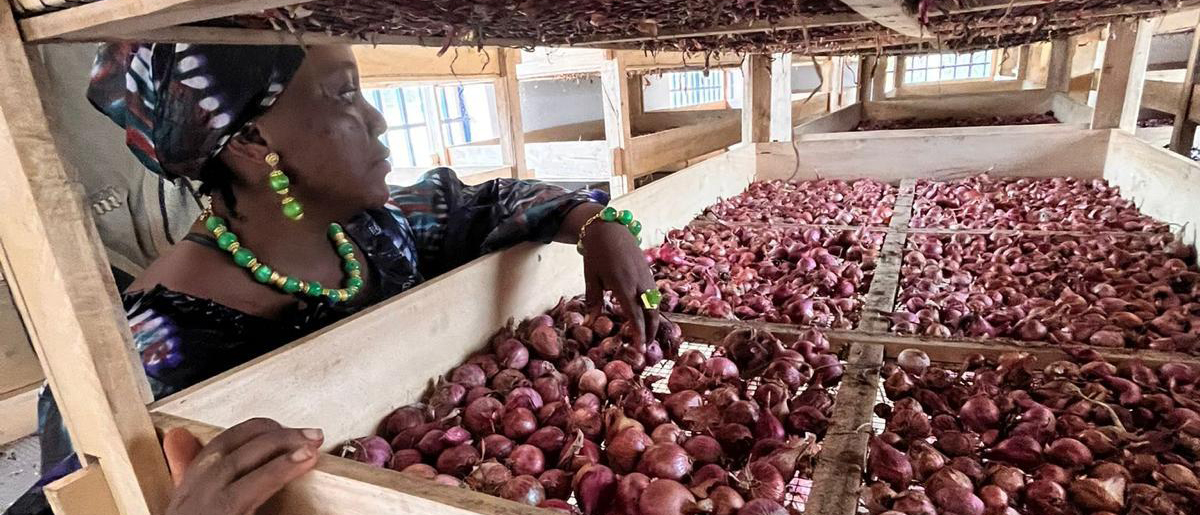


Agrifood systems concern the way our food is produced, processed, transported, traded, distributed, consumed and disposed of. Population growth, urbanization, shifting wealth and changing consumption patterns are straining these systems, jeopardizing their ability to provide healthy food and sustainable livelihoods.
Agrifood systems produce about one- third of global greenhouse gas emissions and consume large amounts of natural resources, especially water. They also contribute to critical biodiversity loss and land degradation, threatening the very existence of agriculture for future generations. All this underscores the urgent need to sustainably transform agrifood systems.
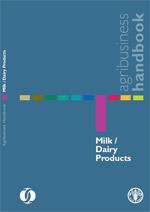
This handbook is part of a series of agribusiness manuals prepared by FAO's Investment Centre Division, in collaboration with FAO's...
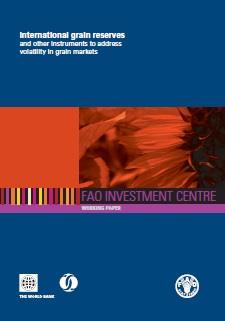
The dramatic rise in global food prices in 2007/08 was widely viewed as a threat to global food and nutrition...
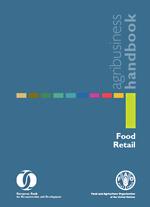
This handbook is part of a series of agribusiness manuals prepared by FAO’s Investment Centre Division for EBRD’s Agribusiness team,...
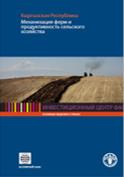
В записке рассматривается положение дел с сельхозтехникой в Кыргызской Республике. Производительность в сельском хозяйстве, особенно по урожайности...
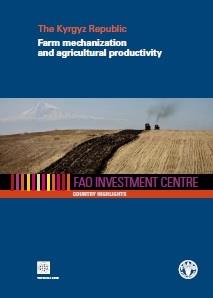
Agriculture is one of Kyrgyzstan's most important economic sectors, contributing to approximately22% of the GDP and employing about 35% of...
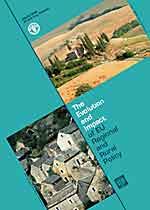
This working paper was commissioned by the World Bank under the FAO/World Bank Cooperation Programme. It was written as a...
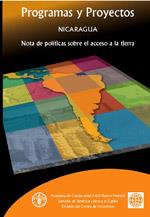
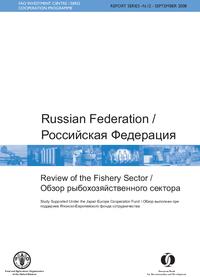
This report is part of a series by the FAO Investment Centre/European Bank for Reconstruction and Development Cooperation Programme which...
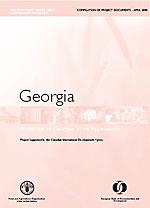
Georgian wine appellations are protected under Georgian and international law, but enforcement of legal arrangements has been weak. In 2005,...
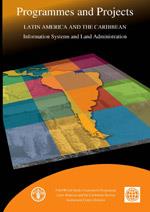
In Latin America and the Caribbean, new information and communication technologies are drastically reducing the costs of recording and administering...
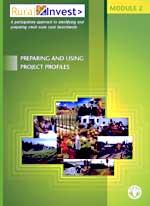
RuralInvest is an FAO developed free multilingual toolkit that comprises training courses, manuals and custom developed software which provides...
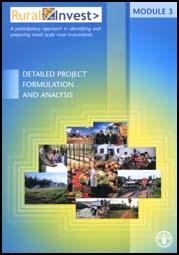
RuralInvest est une méthode gratuite développée par la FAO et disponible dans plusieurs langues. Elle comprend des modules de...
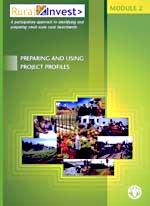
RuralInvest es un paquete de instrumentos multi-lingüe sin costo desarrollado por FAO, que incluye cursos de entrenamiento, manuales y...
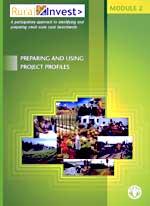
RuralInvest est une méthode gratuite développée par la FAO et disponible dans plusieurs langues. Elle comprend des modules de...
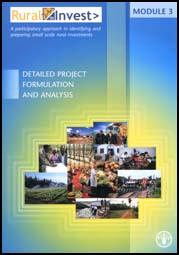
RuralInvest es un paquete de instrumentos multi-lingüe sin costo desarrollado por FAO, que incluye cursos de entrenamiento, manuales y...
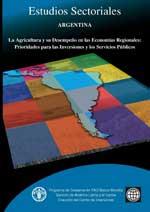
El documento resume el desempeño y...
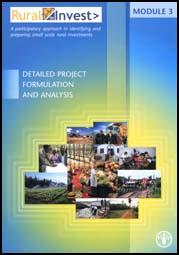
RuralInvest is an FAO developed free multilingual toolkit that comprises training courses, manuals and custom developed software which provides...
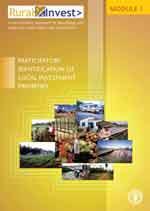
RuralInvest es un paquete de instrumentos multi-lingüe sin costo desarrollado por FAO, que incluye cursos de entrenamiento, manuales y...
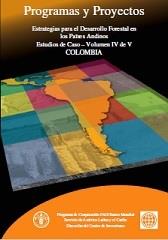
Este informe ha sido preparado en el marco del Programa de Cooperación FAO/Banco Mundial del Centro de Inversiones, por Richard...